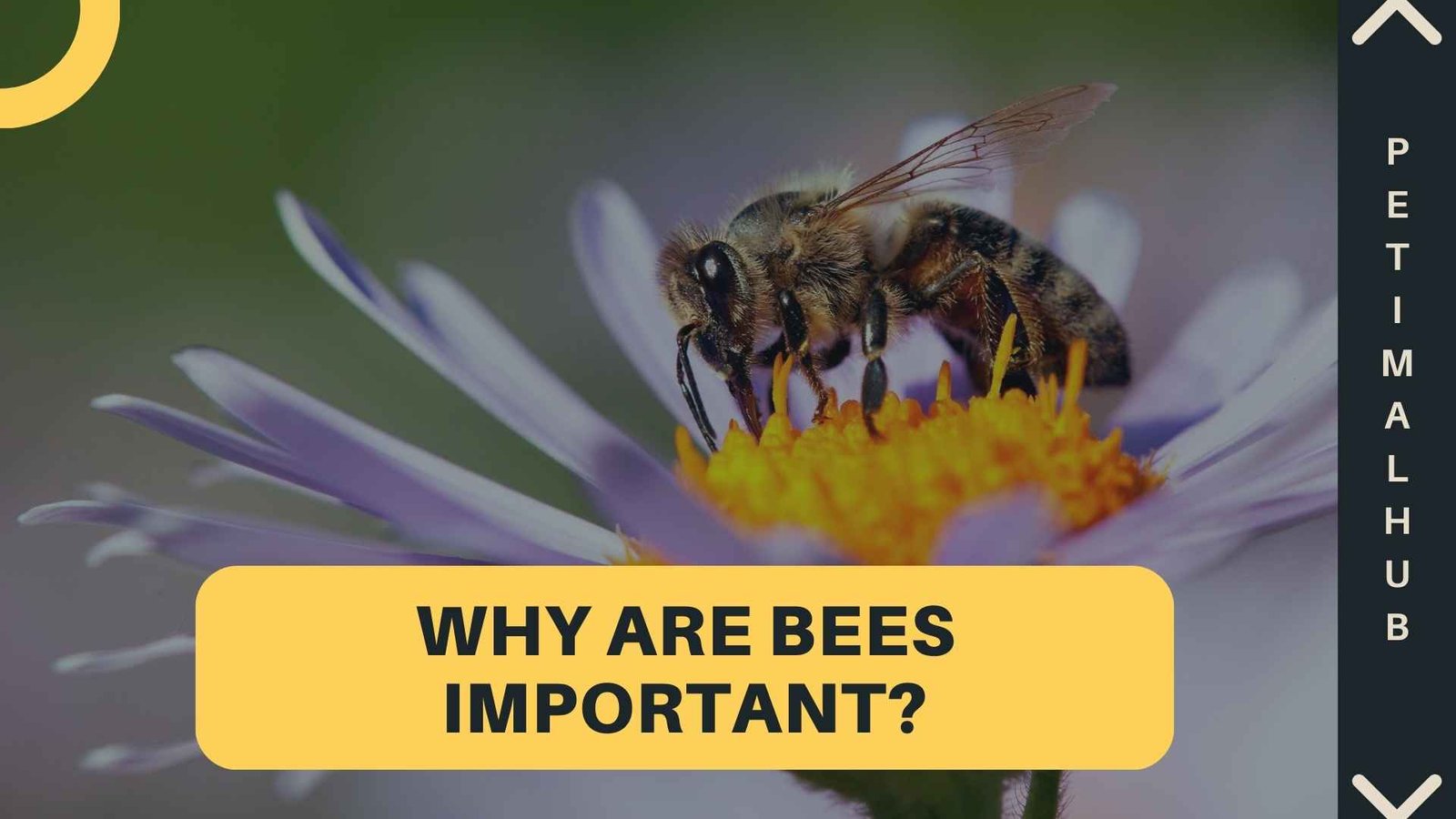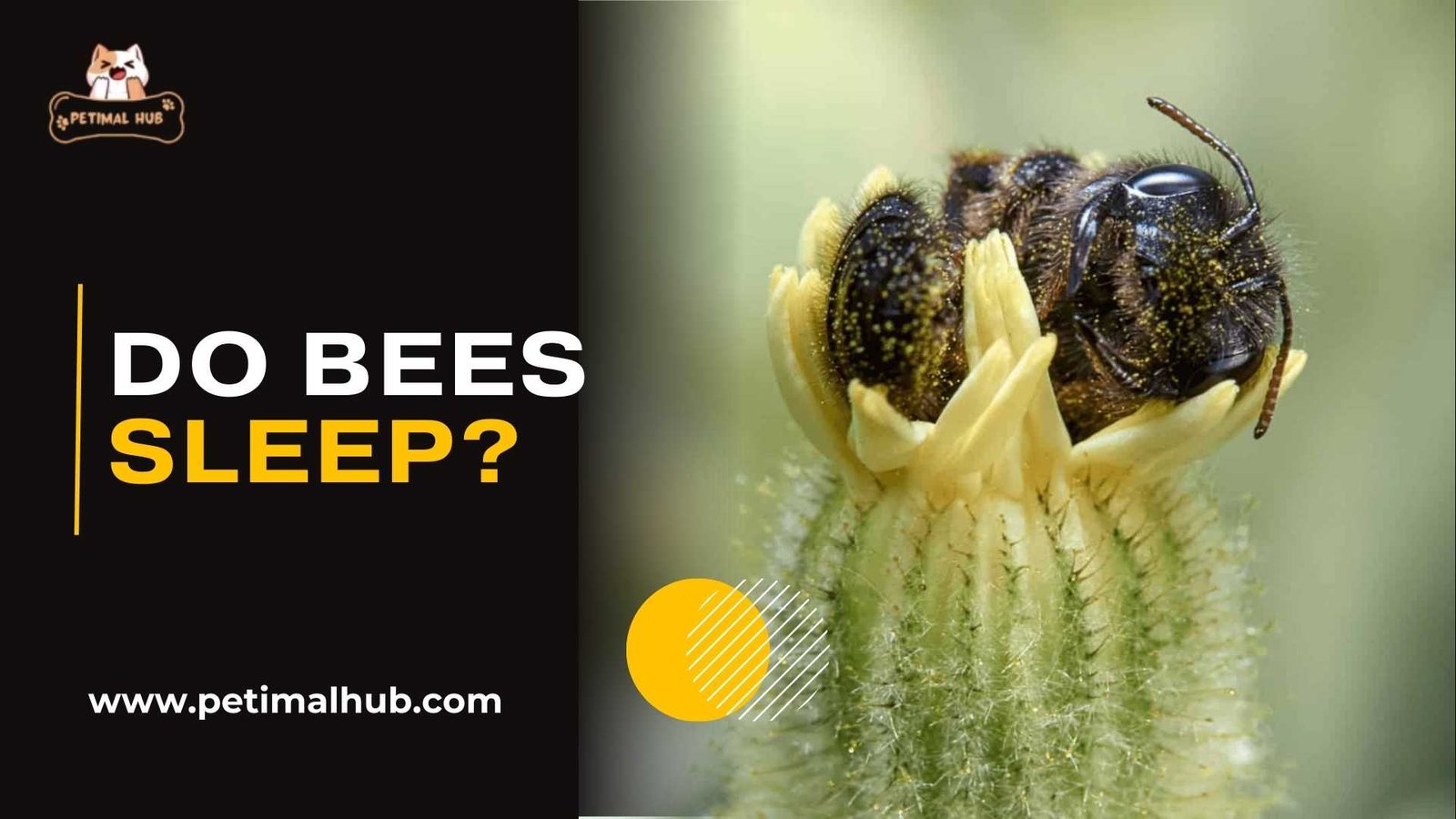
- Bee, Blog
How Long Do Bees Live?
- February 27, 2025
Bees are essential to our ecosystems, playing a crucial role in pollination. But have you ever wondered how long do bees live? The lifespan of bees varies significantly depending on their role in the hive, species, and environmental factors. Worker bees typically live only a few weeks, while queen bees can survive for several years.
Table of Contents
ToggleIn this article, we’ll explore the lifespan of different types of bees including worker bees, queen bees, and drones also discuss the factors that influence their longevity. Whether you’re a beekeeper or simply curious about these fascinating insects, understanding bee lifespans is key to appreciating their vital role in nature.
The Lifespan of Different Types of Bees
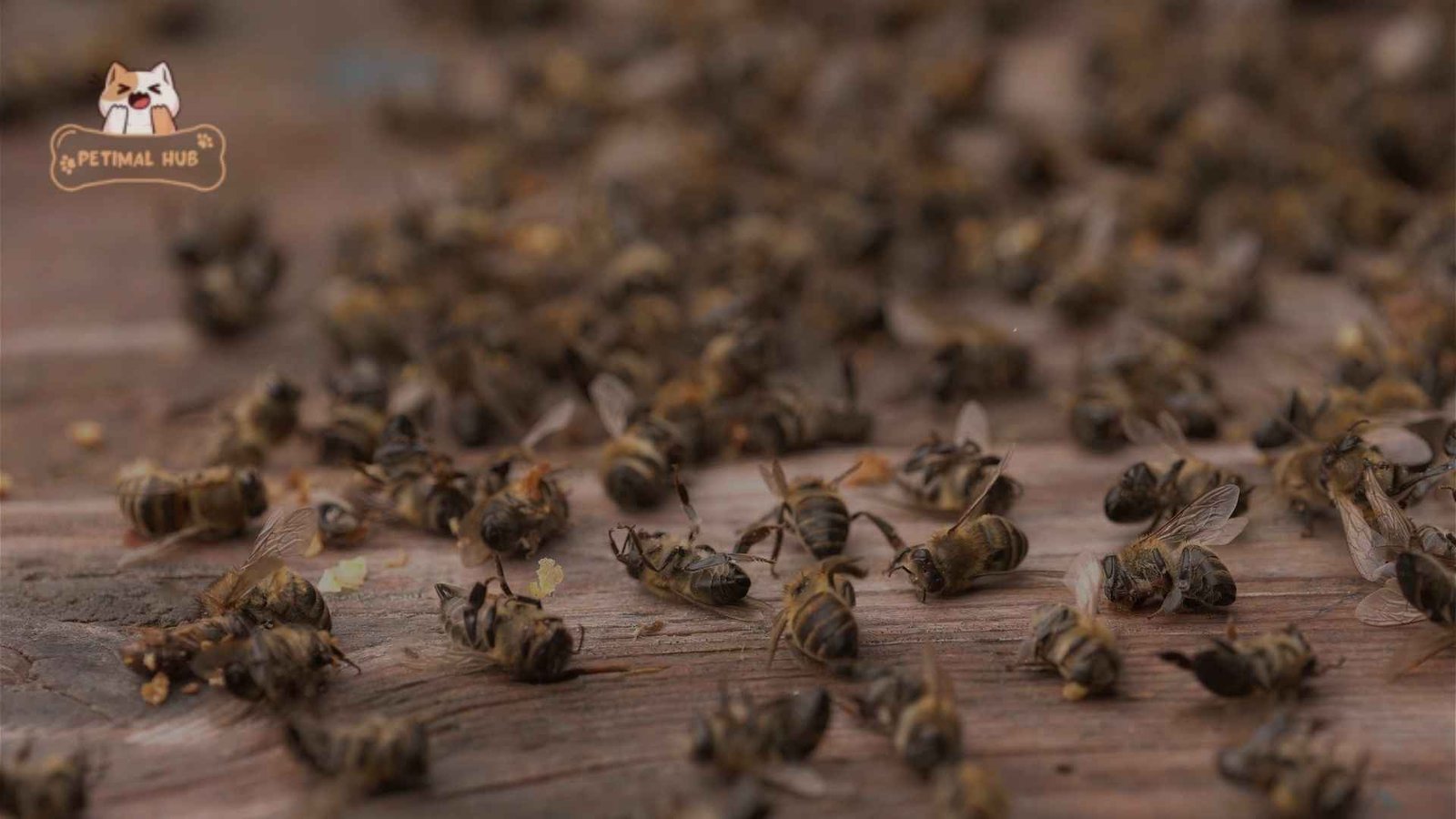
The lifespan of bees varies based on their role within the hive. Let’s break down the lifespans of bees:
Worker Bees
Worker bees typically live 4 to 6 weeks. Their lifespan depends on their workload, with summer workers living shorter lives due to constant foraging. Factors like food availability, disease, and environmental conditions also affect their longevity.
Queen Bees
Queen bees live much longer, typically 2 to 5 years. Their longer lifespan is due to their reproductive role and special care from the colony, such as a diet of royal jelly.
Drone Bees
Drone bees, the male bees, have the shortest lifespan, typically just a few weeks. Their only job is to mate with the queen, after which they die or are expelled from the hive.
Also, Read More: How Long Can a Bee Live Without Food?
Factors That Affect Bee Lifespan
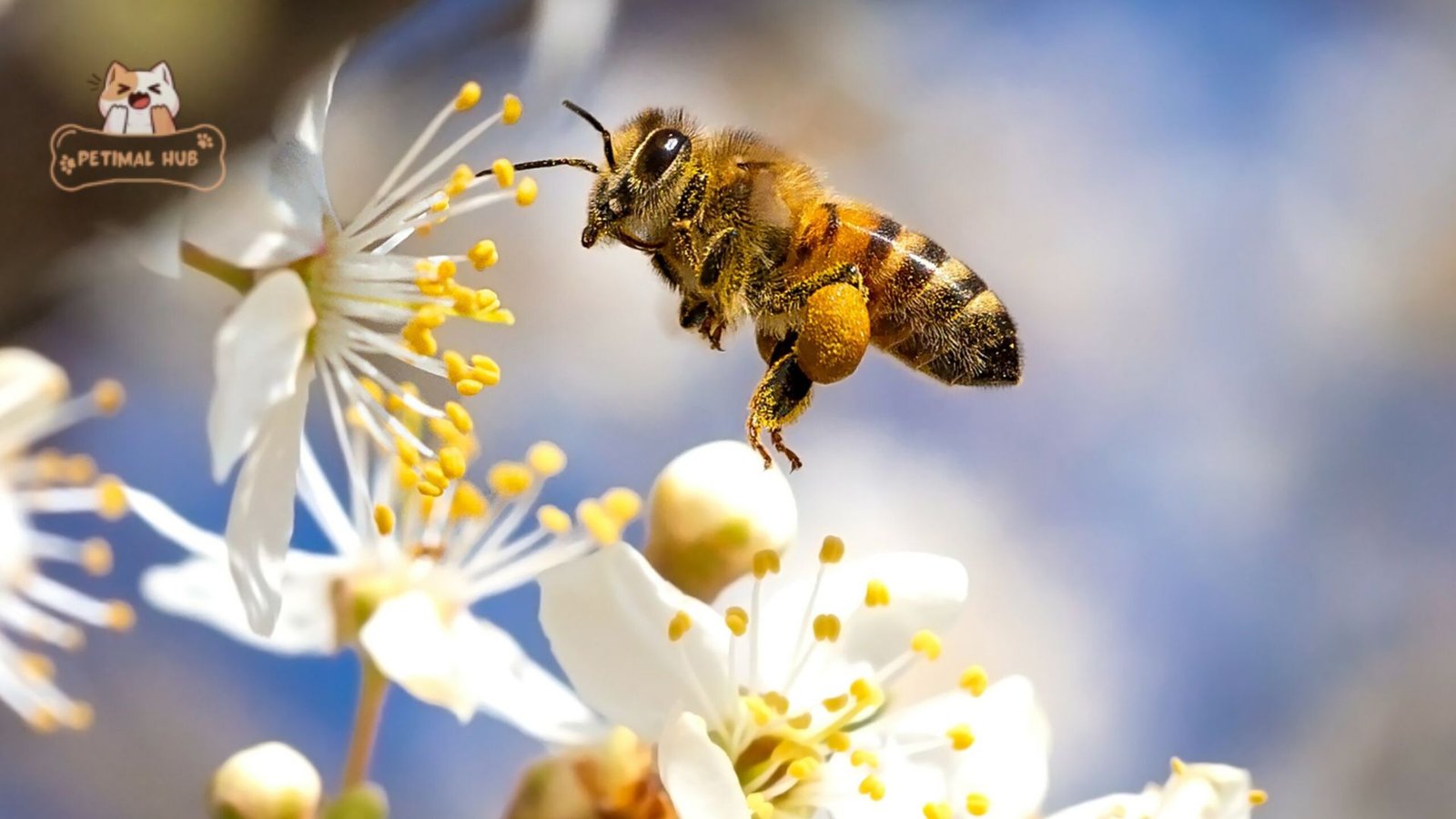
Several factors influence how long bees live, from environmental conditions to hive management. Understanding these factors can help beekeepers optimize bee health and longevity.
Factor | Impact on Lifespan |
|---|---|
Environmental Conditions | Harsh weather, climate, and food availability affect lifespan. Winter bees tend to live longer. |
Hive Health and Management | Poor hive management, pests (e.g., Varroa mites), and diseases (e.g., Nosema) shorten lifespan. |
Natural Predators and Diseases | Predators like hornets and diseases like American Foulbrood can decrease bee longevity. |
How Beekeepers Can Influence Bee Lifespan
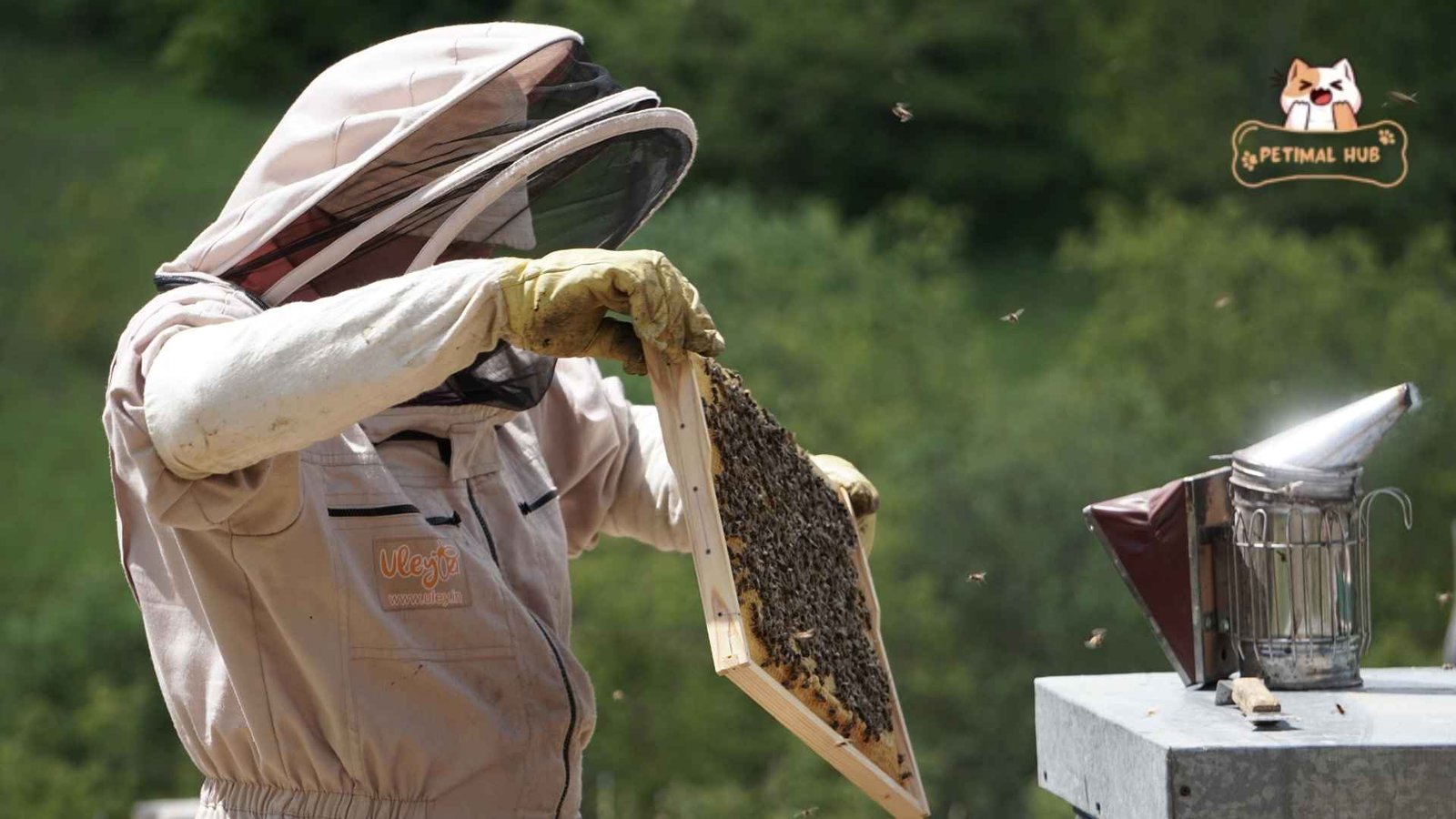
Beekeepers play a crucial role in improving the lifespan of their bees. Proper hive management and care can extend bee life and ensure a healthy, productive colony.
Hive Management
Regular hive inspections and maintenance are essential. Ensuring the hive is clean, pest-free, and well-ventilated helps prevent diseases and promotes longevity. Proper queen management also ensures that the colony remains strong, with the queen living a healthy lifespan.
Reducing Pesticide Exposure
Exposing bees to pesticides can significantly shorten their lifespan. Beekeepers should use bee-friendly pesticides and apply them during times when bees are less active, like early mornings or late evenings.
Providing Adequate Nutrition
A healthy, balanced diet is essential for bee health. Beekeepers should ensure bees have access to a variety of forage sources and, if necessary, supplement with sugar syrup or protein patties to maintain their energy levels.
Also, Read More: What Colors Do Bees Hate?
What Happens to Bees After They Die?
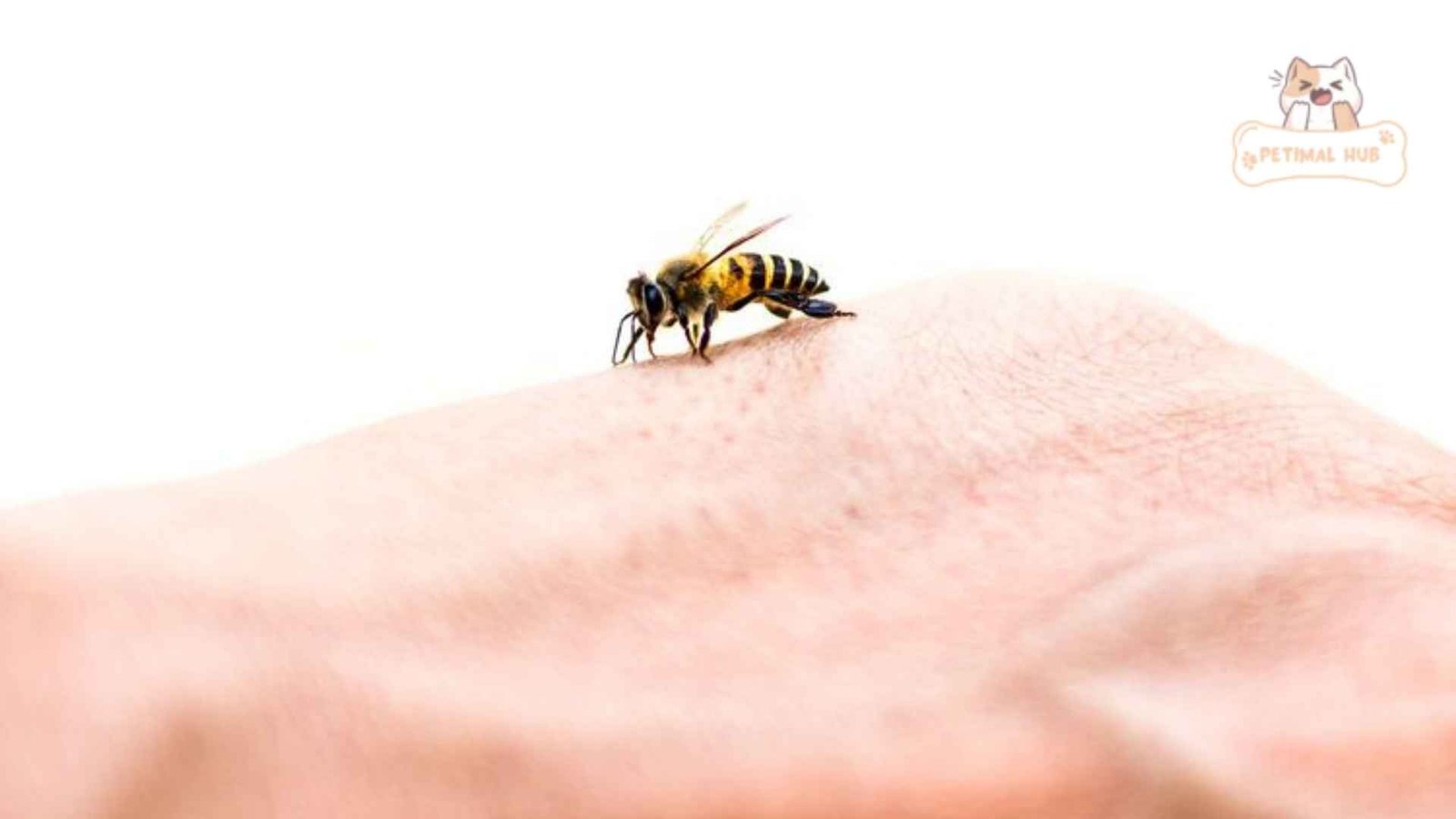
When bees die, they play a critical role in the ecosystem, even in death. Their bodies contribute to the health of the environment in several ways:
- Decomposition: Dead bees break down quickly, adding nutrients to the soil and supporting microbial life. This process helps recycle organic material, enriching the surrounding environment.
- Nutrient Recycling: As dead bees decompose, they become a source of nutrition for other organisms. Scavengers, such as ants and birds, as well as microorganisms, feed on the decomposing bees, contributing to the nutrient cycle.
- Support for the Food Web: Bees are an essential part of the food web. In the wild, their remains provide food for a range of predators, from birds to mammals, helping to sustain other species in the ecosystem.
- Colony Clean-Up: In a bee colony, worker bees quickly remove the dead, often carrying deceased bees out of the hive to prevent contamination and the spread of disease. This natural sanitation process is vital for maintaining hive health.
- Biodiversity Support: The decomposition of bees helps promote soil health, which supports plant life. Since bees are key pollinators, healthy plants mean more food for other wildlife, indirectly benefiting other species that depend on the same ecosystem.
While their death may seem insignificant, the role that bees play in the decomposition process and nutrient cycling makes them an integral part of the larger ecological system.
Why Understanding Bee Lifespan is Important for Conservation
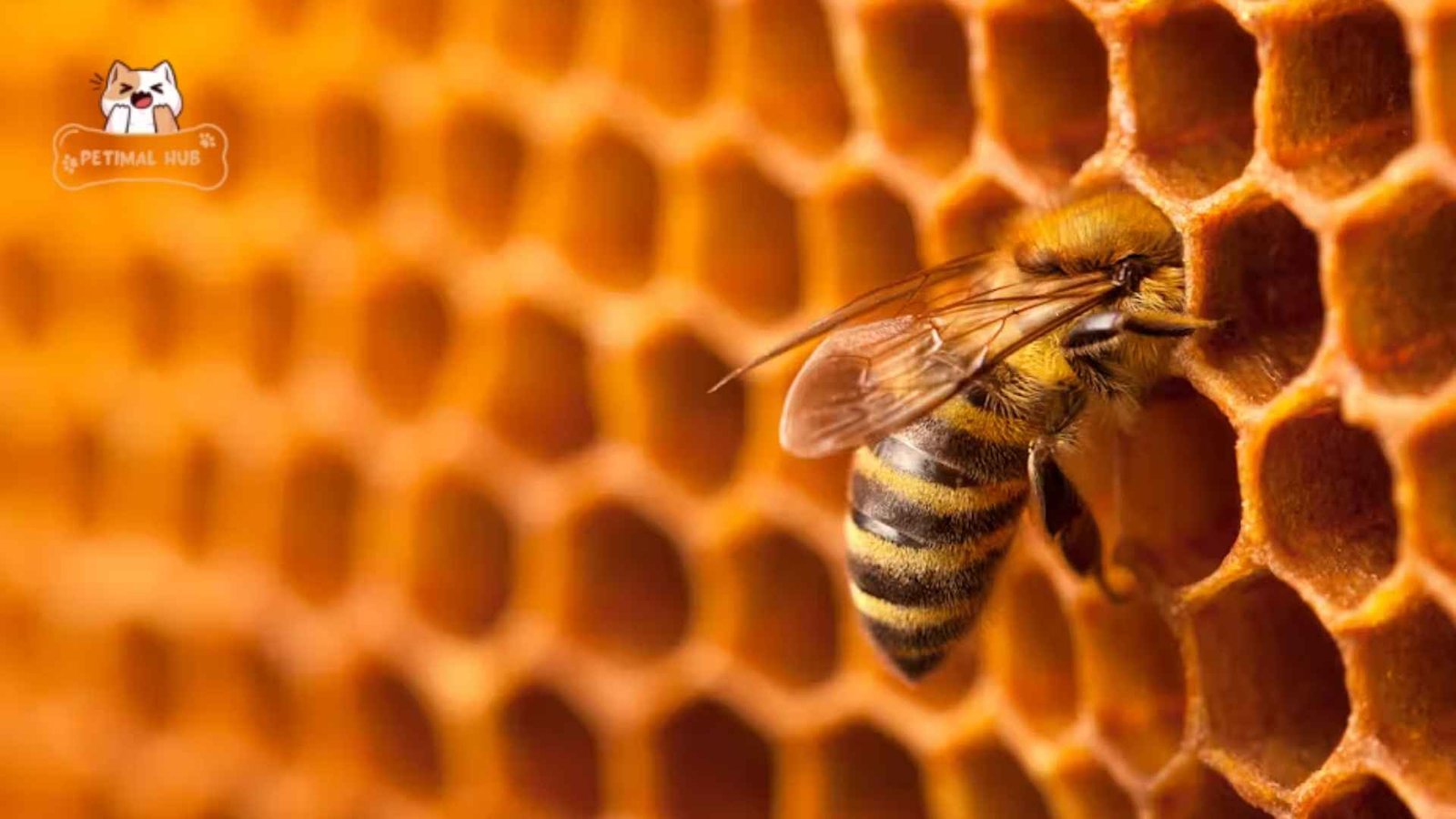
Understanding the lifespan of bees is crucial for their conservation and the protection of pollinator populations. Bees are vital to our ecosystem, and the more we learn about their life cycles, the better equipped we are to support them. Here’s why bee lifespan matters:
- Pollination Efficiency: The longer bees live, the more effective they are at pollinating plants, which is essential for agricultural productivity and biodiversity.
- Colony Health: A healthy queen bee and well-maintained hive can increase the colony’s survival rate, which impacts pollination and food production.
- Climate Change: As climate change affects bee habitats, understanding how these environmental shifts affect bee lifespan is crucial for mitigating negative impacts.
- Sustainable Beekeeping: For beekeepers, knowing how to care for bees based on their lifespan can lead to better colony management and more sustainable practices.
Conclusion
Understanding how long bees live and the factors that affect their lifespan is crucial for both beekeepers and environmental enthusiasts. The lifespan of worker bees, queen bees, and drone bees varies significantly, with worker bees living just a few weeks, queen bees lasting several years, and drones living only a short time.
By considering factors such as environmental conditions, hive health, and pest management, beekeepers can help extend the life of their bees and maintain a healthy colony. Furthermore, even after they die, bees contribute to the ecosystem by recycling nutrients and supporting biodiversity.
Bees are vital to pollination and the health of our planet, so preserving their health and understanding their life cycle is key to ensuring their continued success.
FAQs
Worker bees typically live 4 to 6 weeks, depending on the season and workload.
Queen bees can live between 2 to 5 years, as they are responsible for egg-laying.
Drone bees live only a few weeks, as their sole purpose is to mate with the queen before dying.
Environmental conditions, hive health, and pest exposure significantly impact a bee’s longevity.
Yes, beekeepers can extend bee lifespan through good hive management, proper nutrition, and minimizing pesticide exposure.



